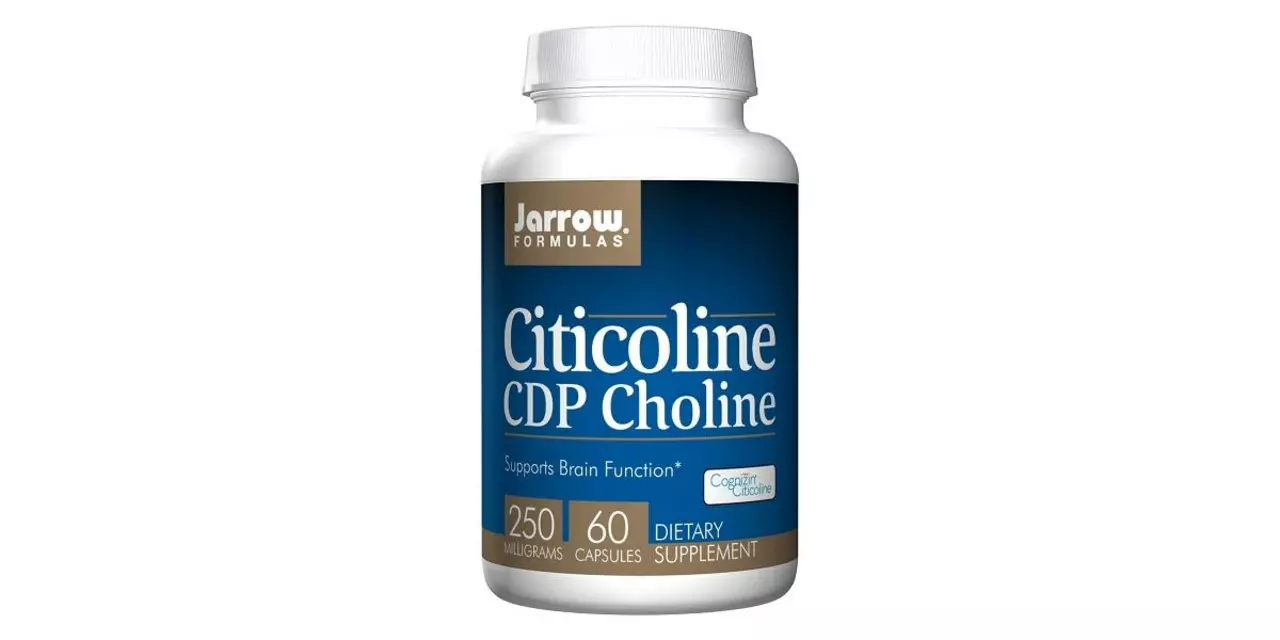Choline: What it Does, Where to Get It, and If You Need a Supplement
Choline is a vitamin-like nutrient your body uses for brain signaling, building cell membranes, and moving fat out of the liver. Many people don’t get enough from food alone, and low intakes show up quietly as fatigue, memory fog, or fatty liver over time. This page gives clear, practical advice: what choline does, where it’s found, who should consider supplements, and safe dose ranges.
Why choline matters
Your brain needs choline to make acetylcholine, a chemical used for memory, attention, and muscle control. The liver uses choline to package and export fat. During pregnancy, choline supports fetal brain development—research links good choline intake with better memory outcomes in children. For adults, steady intake helps keep the liver working and supports healthy brain function as you age.
Not everyone shows obvious symptoms right away. But long-term low intake can raise the risk of nonalcoholic fatty liver and may affect cognitive health. That’s why choline is part of routine nutrition advice in pregnancy and for people with specific health risks.
Food sources and who might be low
Best sources: eggs (especially yolks), beef liver, chicken liver, salmon, and shrimp. Plant sources include soybeans, quinoa, peanuts, and cruciferous veggies like broccoli and Brussels sprouts, but plants usually have smaller amounts. If you eat a lot of processed food or follow a strict vegan diet, you may fall short.
Groups who commonly need more choline: pregnant and breastfeeding people, older adults, long-term vegans, and people with certain genetic differences that raise choline needs. If you have fatty liver disease or worry about cognitive decline, checking choline intake is a sensible step.
Supplements: forms, doses, and safety
Common supplement forms are choline bitartrate, citicoline (CDP-choline), and alpha-GPC. Bitartrate gives basic choline cheaply. Citicoline and alpha-GPC raise brain choline more efficiently and are popular for cognitive support. Typical supplement doses range from 250 mg to 1,000 mg daily, depending on the form and the reason for taking it.
Official intakes: adult men 550 mg/day, adult women 425 mg/day, pregnancy 450 mg/day, lactation 550 mg/day. The upper limit for adults is about 3,500 mg/day; higher amounts can cause fishy body odor, sweating, stomach upset, or low blood pressure. Very high doses can create other issues, so don’t exceed recommended amounts without medical supervision.
One note: high choline can raise production of a compound called TMAO in some people, which has been linked to heart disease in certain studies. That doesn’t mean everyone should avoid choline—just that people with heart disease or other risks should discuss supplements with their doctor.
Bottom line: get most choline from food when possible—eggs and liver are the quickest fixes. Consider citicoline or alpha-GPC if you need a targeted cognitive boost or if a clinician recommends it. If you’re pregnant, breastfeeding, vegan, or have liver concerns, check your intake and talk to a healthcare pro about testing or supplementing.
Revolutionize Your Diet with Choline: The Key to Unlocking Peak Mental Performance
In my latest blog post, I discuss the incredible benefits of incorporating choline into our diets. Choline, a lesser-known nutrient, plays a crucial role in improving our mental performance and overall brain health. By consuming choline-rich foods like eggs, soybeans, and chicken, we can enhance our memory, focus, and cognitive abilities. This newfound knowledge has truly revolutionized my own diet, and I encourage everyone to give choline a try. Unlock your peak mental performance by making this simple change to your daily nutrition!

